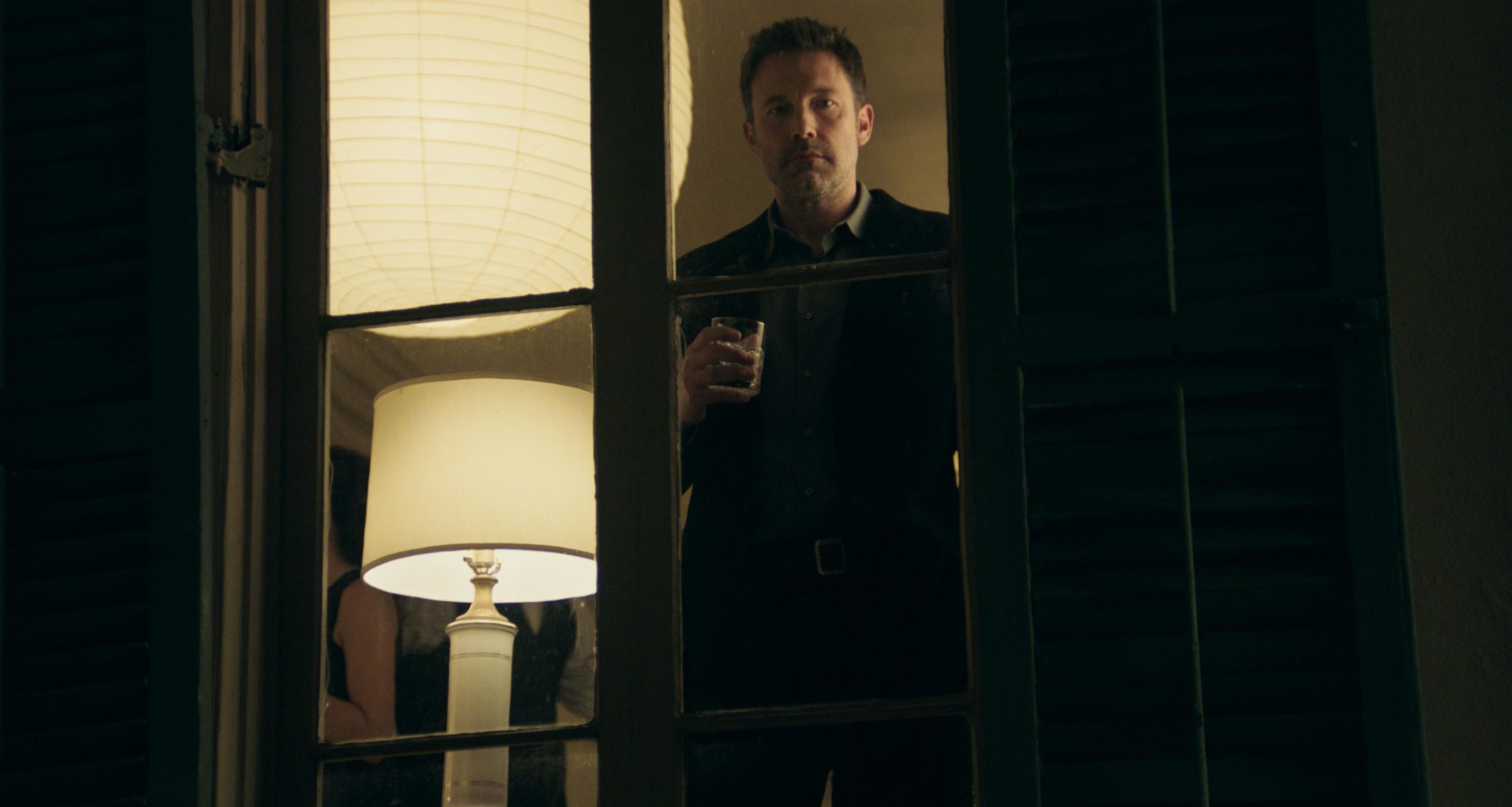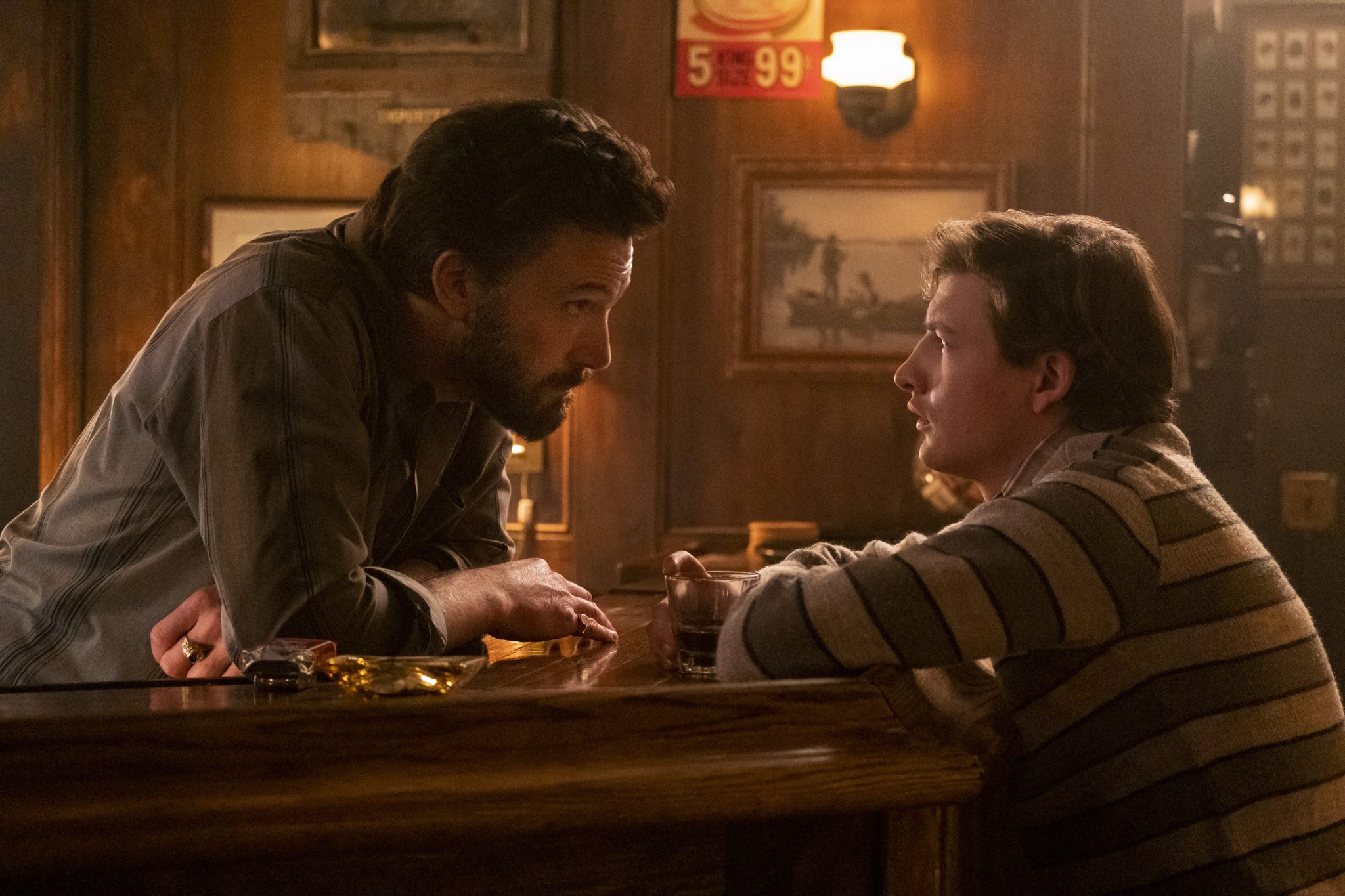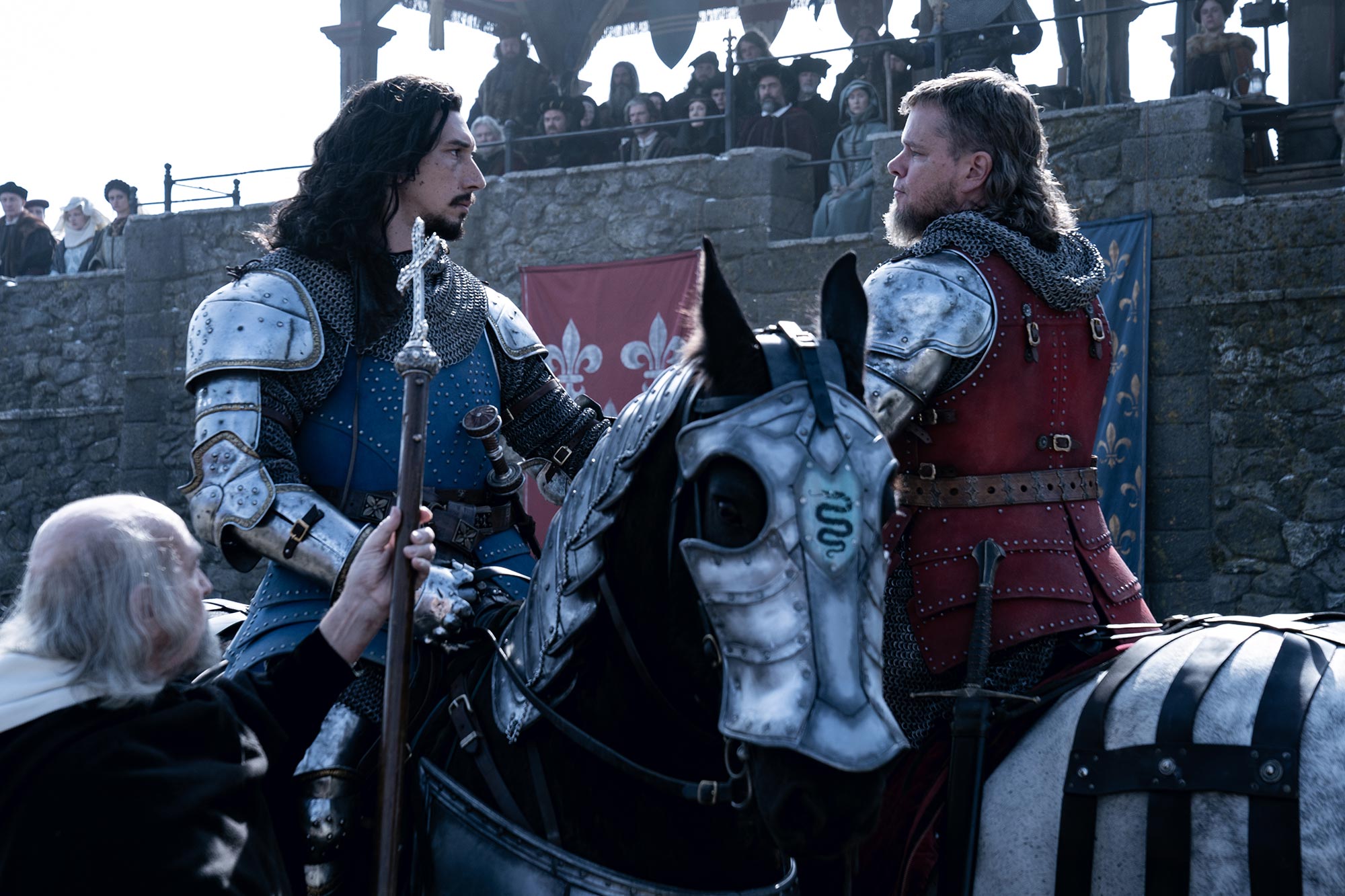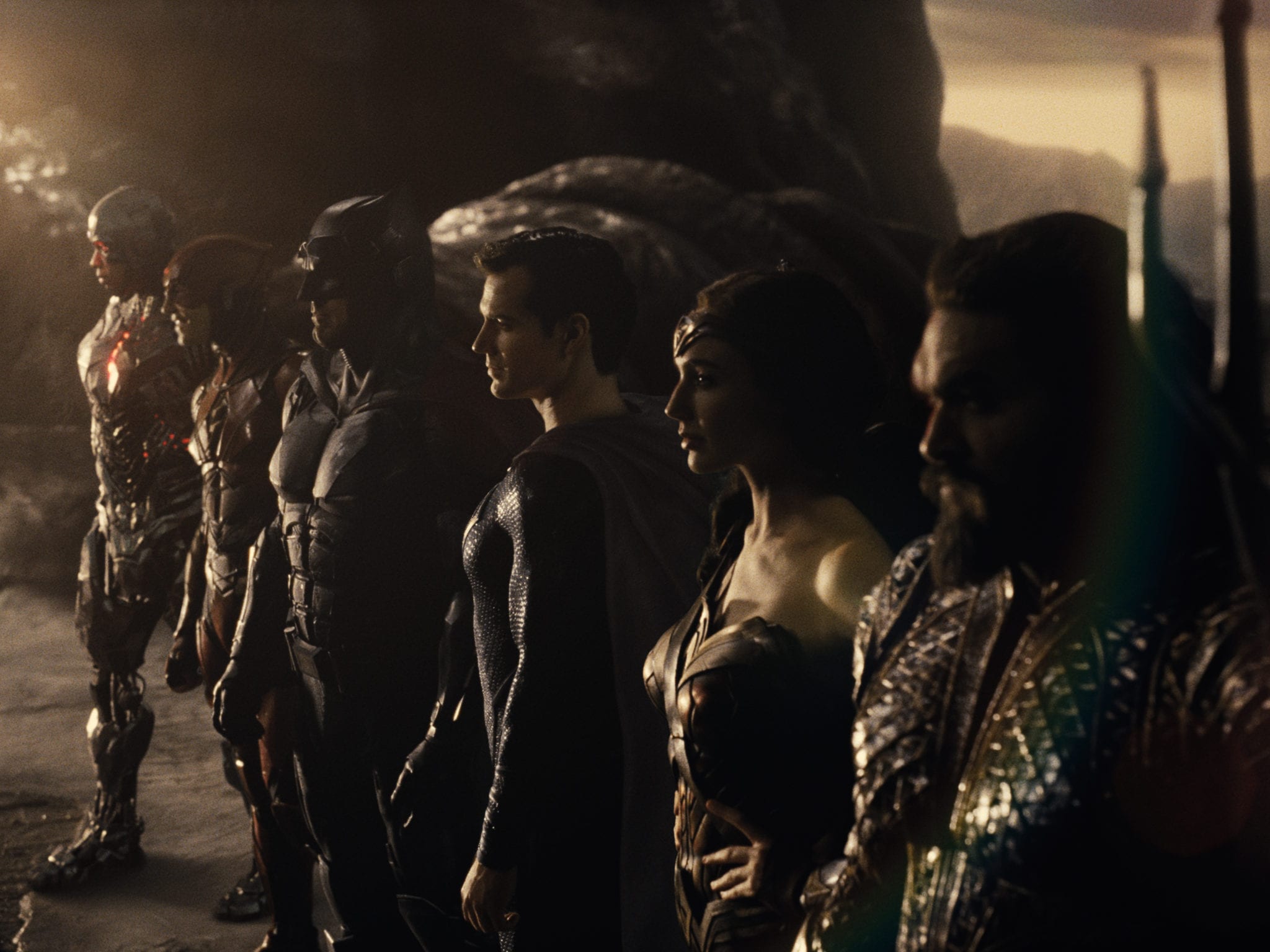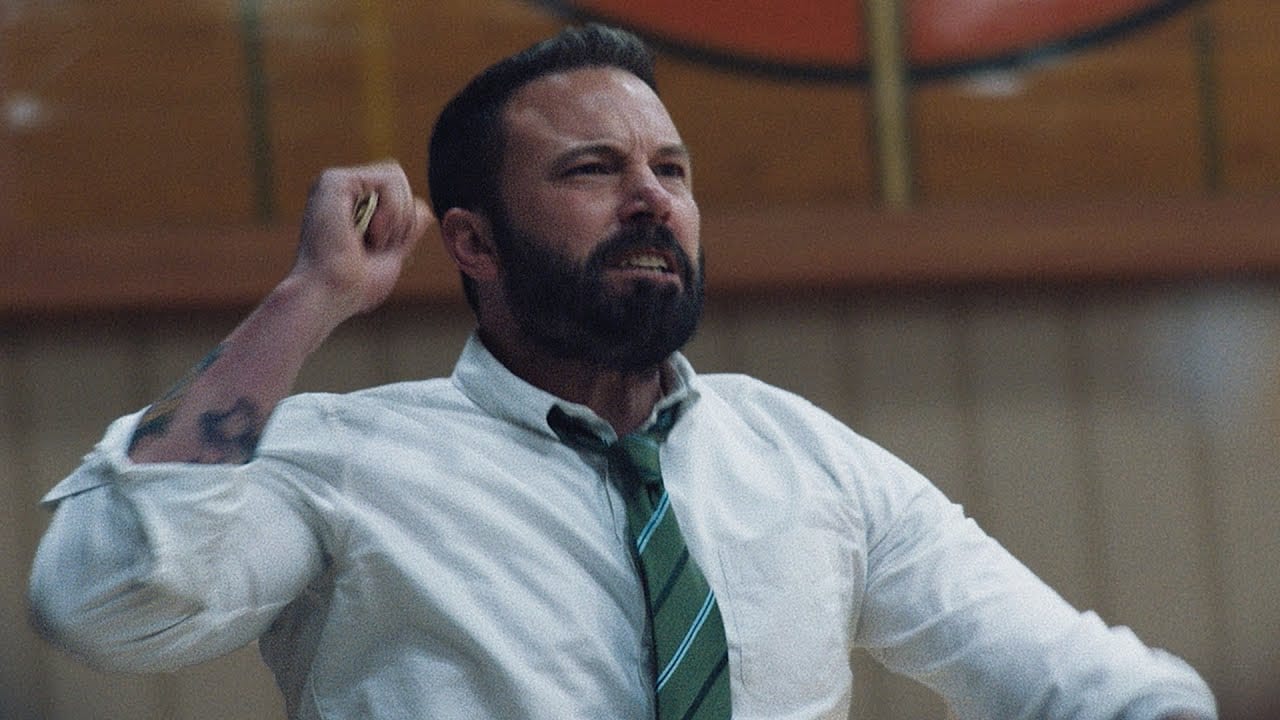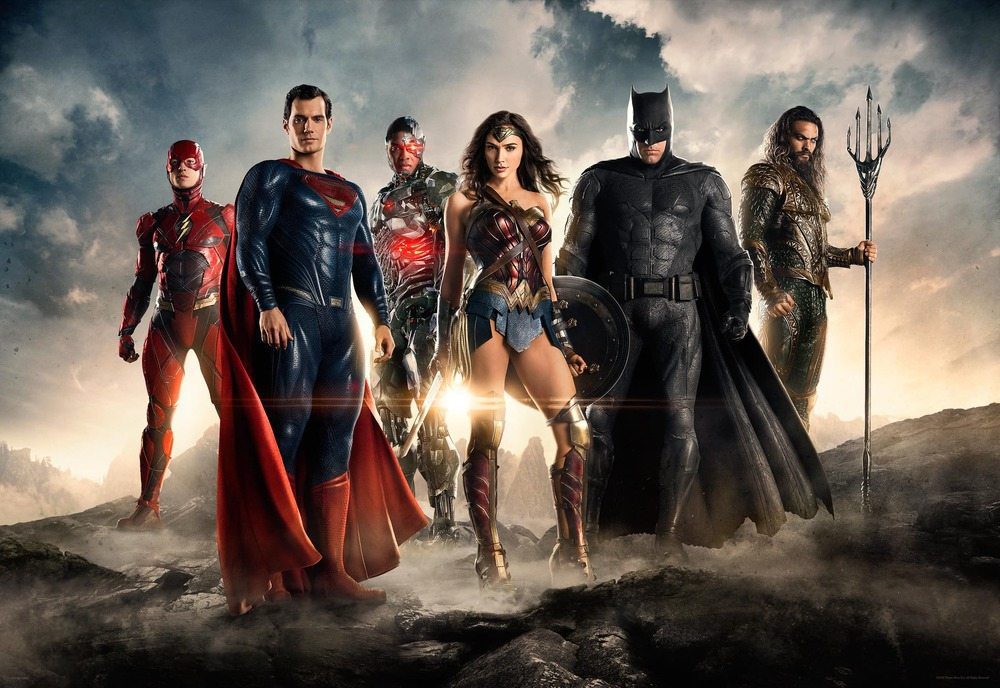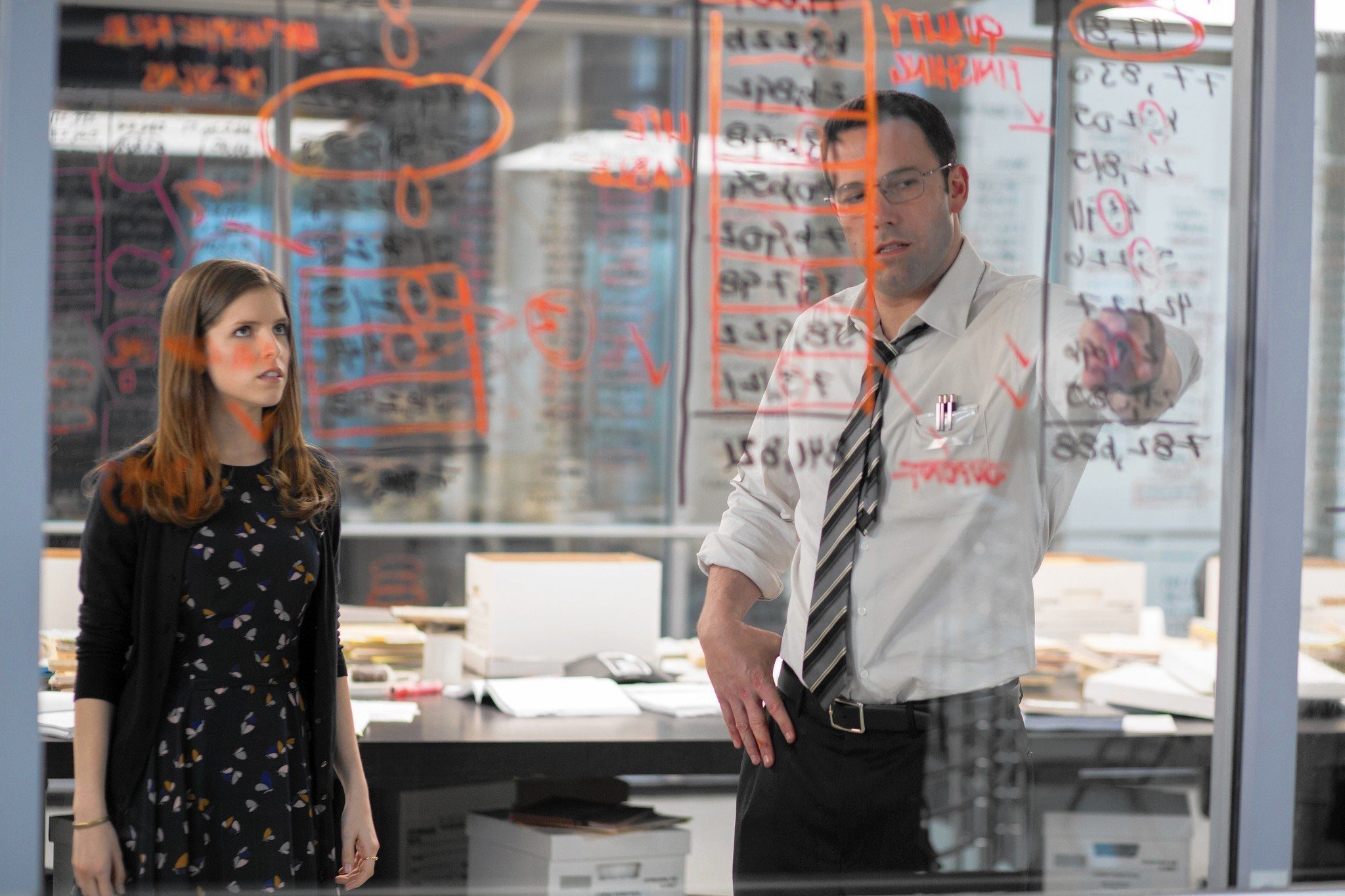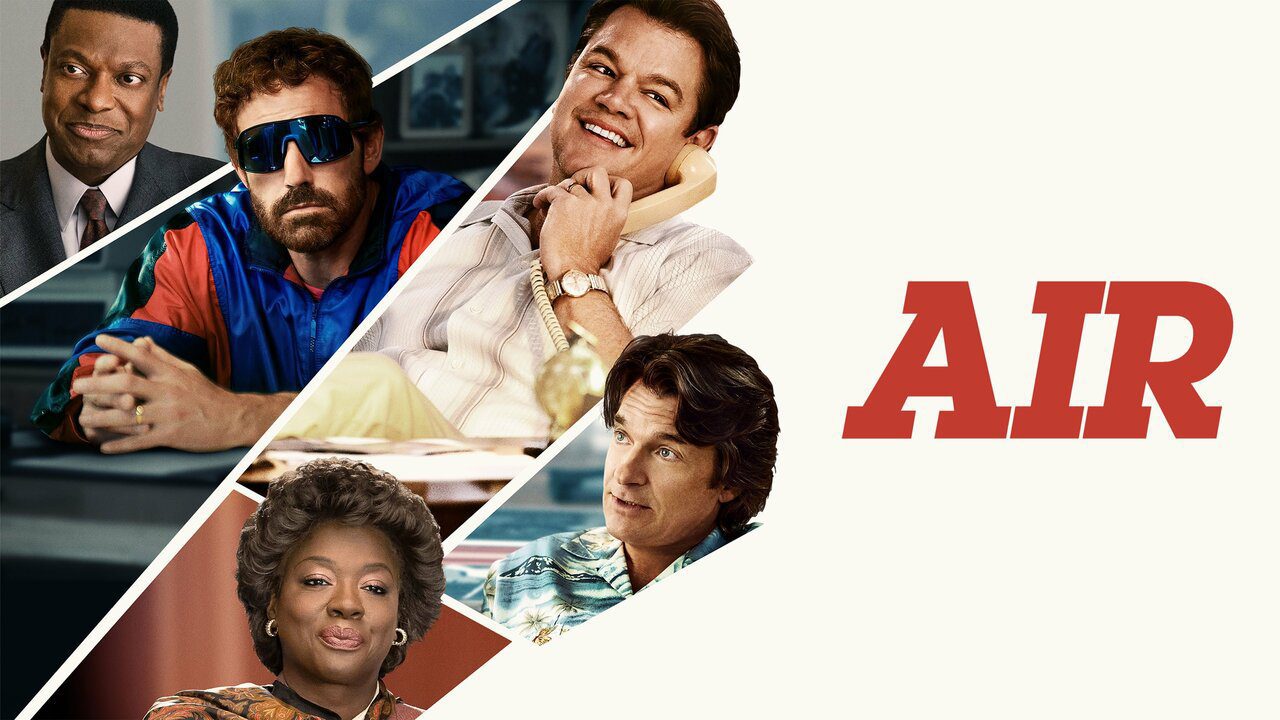
SF Radio 9.20: Making the Brand in AIR
“It’s gotta be the shoes.” To this day, that phrase has helped redefine the shoe industry by putting the focus on Michael Jordan and his iconic Nikes. In AIR, we get a glimpse into the window of how this partnership came to be and the impact that he (and the once-middling shoe brand) had on…

